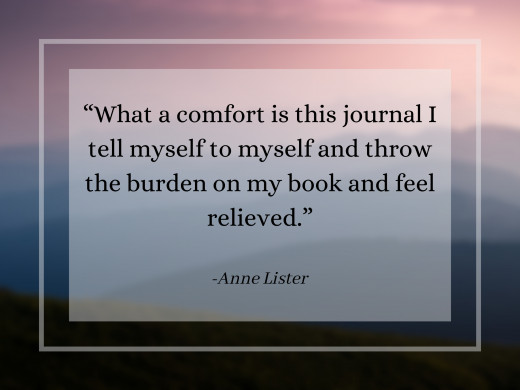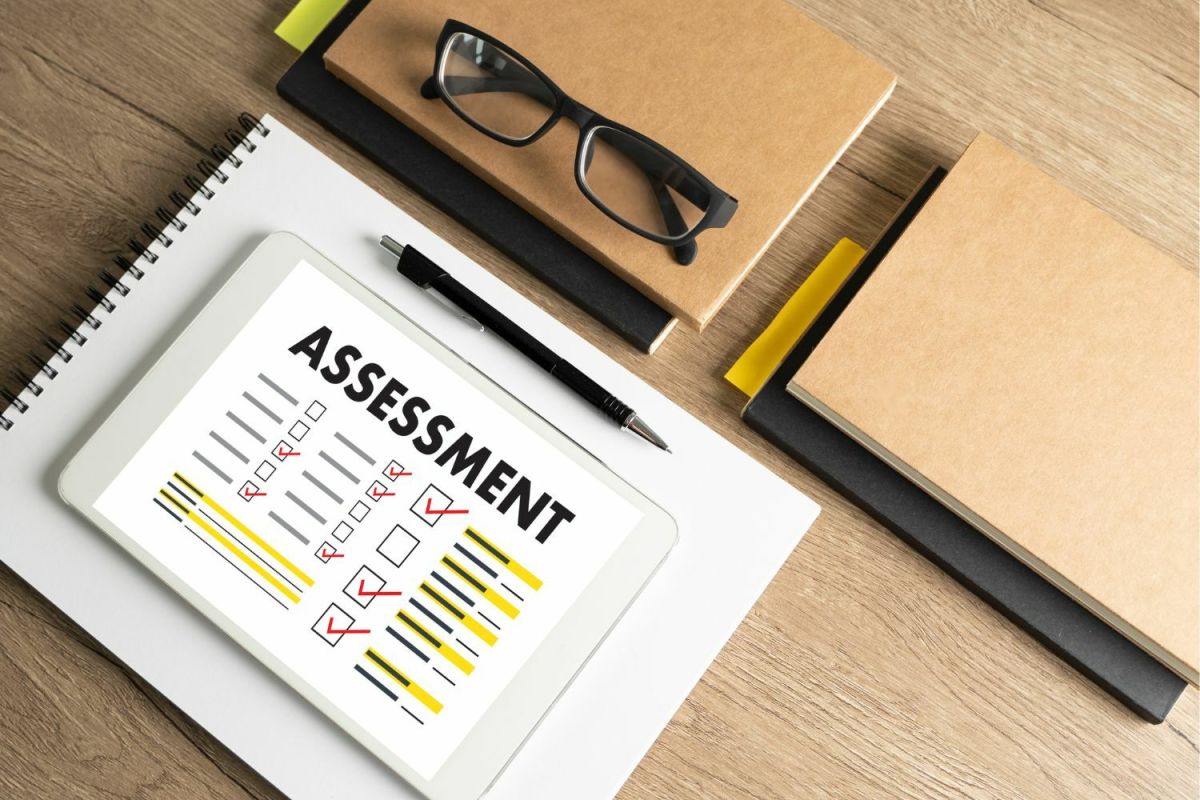- HubPages»
- Health»
- Mental Health»
- Stress Management
7 Things to Effectively Reduce Your Stress Levels at Work

Stress at work has become synonymous with work itself. It is almost impossible to find a low or no- stress work in today's world. Deadlines, meetings, appointments, presentations, client satisfaction, appraisal, etc are part and parcel of work life. These tasks and criteria can easily shackle our minds with stress.
However, if you know these things are part of your job then why do you need to be stressed about them?
The question might sound very strange to you but it is a pertinent one to ponder upon. When you already know your responsibilities, duties and the challenges that you need to overcome on a daily basis then why do you burden yourself with extreme work pressure that leads you to anxiety and stress.
Instead of feeling overwhelmed by your workload, you should think about strategies that will help you deal with everyday stress.
Remember, stress is a natural defense mechanism of our brain to deal with uncertainty or pressure situations. Therefore, you will have to deal with stress regularly but making your life stressful to the verge of a breakdown is what you can avoid. If you can identify your pressure points and implement some strategies to deal with your work-life obstacles and challenges then it is possible to deal with stress effectively.
Here, we will discuss some effective ways to deal with stress at work.
1. Be Self-Compassionate
Yes, you read it right; be self- compassionate. It is very important to feel compassion for your mind, soul, and body. If you cannot show kindness to yourself then how or why anyone should or can show kindness to you?
Everyone makes mistakes; thus, you have to allow yourself to make mistakes as well. This does not mean you become defensive about your mistakes and embrace a lackadaisical approach. No, all I mean is that you don’t have to be too harsh on yourself.
Studies show that people who are self- compassionate are happier and more optimistic. They feel less anxious and are less prone to depression.
Next time, you make a mistake at your work, try to be calm and kind to yourself. In fact, try to focus on ways you can rectify the mistake and make a resolution to try and avoid the same in the future.
Planning makes life easier.
The easier your life is, the less stress you will deal with.
2. Chalk Out a Plan and Write it Down
In order to reduce your stress at work, you need to stay ahead of time. Having said that let me assure you, no one can overtake Time but you can have a plan to manage your time.
Create a roadmap for your workspace and write everything related to it in one place. Plan your day, week, month or even the entire year. I know it is difficult to plan for that long but you can jot down the important things that you know you need to do. Leave the rest for the time to come.
For example, if you are handling a project and you know the deadline is three months from now then write it down in your planner. Now divide the project into small tasks and allot them a mini deadline. This way you will have a clear picture of your projects and you will be able to effectively tackle the work pressure. At least you will be prepared for the amount of stress you are going to deal with in the days to come. Knowing what is coming is always better to manage your stress level than the unknown tensions.
- Make a daily to-do-list
Based on your weekly, monthly and yearly planner, you need to make a daily to-do-list. It is better to jot down your to-do-list the night before. This way you will be able to plan your day and mentally prepare yourself for the upcoming events.
You can add an exact or tentative timing when you are supposed to do a task. This way you know when you need to do what. Moreover, this will substantially reduce the chances of you forgetting important tasks and appointment for the day. No wonder, this will reduce your stress of keeping up with your schedule.

-
Try Bullet Journal
Bullet Journal is a journaling technique created by Ryder Caroll. He designed this system to deal with his Attention Deficit Disorder. Bullet Journal is found to be very effective and helpful for people dealing with stress and anxiety disorders as well. A Bullet Journal helps you to keep your days and months sorted for more than a year. With the help of this technique you can organize your life in one place; be it your personal or professional life.
For many people, this technique has proven to be the best way to plan, reflect, and bring order to their life. According to the creator, Ryder Caroll, Bullet Journal is designed to make your life more productive and meaningful. It can be highly customized to suit people with varied requirements.
-
Daily journaling
It is a long-form of journaling where you write down your thoughts in a detailed and elaborate way. You can write anything in a daily journal; your personal or professional events, and thoughts that helps you reflect upon your life. You can include gratitude, complaints, events, happy or sad thoughts in it. In short, you can write anything.
If you find something very exciting, then writing it down. You can come back to this entry when you feel low or dejected and might find solace and motivation to fight back. If you are irritated, sad, or uncertain about something, then definitely write it down and forget about them.
Writing down your thoughts can help you relax and sometimes may be instrumental in finding solutions to your questions or problems.
At times, writing down your thoughts allows you to declutter your mind for new and better things in life. As a matter of fact, if it is very important then you can always go back to your journal and revisit it anytime. On the other hand, as far as your bitter thoughts are concerned, writing them down will help you forget them and there is no need to go through the same pages if you can or want to avoid it.
Writing down every important and crucial event, dates, appointments and other essentials will help you stay organized and sorted. This will bring a sense of security to you. You will feel in control of your work life and this feeling will instantly reduce your stress effectively.
Clarity about goals is beneficial to reduce your stress.
3. Concentrate on the Big- Picture
Once you are sorted about your plans, it is really important to align your work with your goals. Always concentrate on the big- picture when you work and take decisions.
If you decide to work an extra hour in your office then consider if it will help your project, goal or your career. If yes, then go ahead and give your best. If the answer is negative then try to avoid the extra ounce of workload that will bring stress to your life. Rather take some rest and rejuvenate your body and mind and then come back to work on things that are beneficial.
Every step taken should take you closer to your goals.
4. Spare Time for Things that Interest You
While you struggle to keep up with your meetings, appointments, email, and 'the schedule', don’t forget to spare some time for yourself. 5-minute breaks won't hurt your schedule rather it will help you relax and rejuvenate your mind for the challenges ahead.
In fact, while planning your schedule, don’t forget to schedule some time for these little breaks to reduce your stress levels at work. You might not appreciate the importance of these breaks right now but in the long run, you will see the difference.
Some of the activities that you might find interesting and relaxing for your 5- minute breaks are:
-
A five-minute YouTube video
-
Doodling
-
Journaling
-
Listening to music
-
Listening to an audiobook
-
Stretching
Design a life to work smarter rather than harder.
Thus, take small smart breaks to recharge your mind, body, and soul.
5. Have a Backup Plan for Uncertain Things
Life does not always agree with your plans. In such cases, you should always have a back-up plan. Now the question arises that how are you supposed to prepare or plan for something that is uncertain?
What if, your boss calls for the weekly report in an hour, whereas you planned to complete it by the end of the day?
In such a case, you have to keep everything aside, postpone meetings or appointments to complete your task at hand. That’s when leaving some pare time in your schedule becomes very crucial. If you have time to spare then you can easily re-schedule your meetings or appointments an hour or two later.
Now, what if, you are all set for a product launch for tomorrow and your client asks for minor or major changes in the product line or the launch presentation? How are you going to deal with such a massive situation? How are you supposed to have a backup presentation or product line even for the sake of argument?
No, it is not possible to plan everything. You cannot have back up plans for everything that life throws at you.
Though, even if you don't have a backup plan at times, always remember to not panic. Once you start panicking, you will lose the focus to find any solution (temporary or permanent) for your problems. Positive thinking is the only way to deal with your stress in such a crucial situation.
Relax and Take a Deep Breath.
This will help you think positively.
6. Think Positive in Uncertain Situations
It is but natural to be stressed out while dealing with uncertain situations. However, staying calm and thinking positive is the responses that will help you reduce your stress effectively.
This will need a lot of will power and practice. Life is full of stressful moments such as:
- There’s no ink in the printer and you need to submit a hard copy of your report to your boss immediately.
- The lift is closed for maintenance and your office is on the 12th floor.
- You are suddenly asked to give a presentation in 30 minutes when some other teammate was supposed to do it.
These are common yet scary moments that lead to high-stress levels. Thus, it is of paramount importance to have a calm mind and keep a positive outlook.
A positive outlook will help you calm your nerves and find an appropriate solution to your problems.
- Either you refill the ink in the printer or you can ask for help.
- You have to take the stairs or see if other lifts in the building are working.
- You can't say no to your boss so start looking at the presentation and try to follow the key pointers, rest you have to manage at the presentation.
On the other hand, if you freak out in these situations then you won’t be able to overcome them.
Thus, in times of uncertainty or immense pressure, remember to:
- Relax
- Take a deep Breathe
- Think rationally
- Drink a glass of water
- Don't be impulsive
- Take actions only when you are ready
7. Appreciate Your Progress
Motivation never comes to those who dwell on negative thoughts. Try to look at the positive side of your situation/ position. Thus, even if some of your tasks are still pending, you can take a moment to appreciate the completion of other tasks. This will endorse your positive thinking and keep you motivated. When you will be appreciating your completed tasks, you will feel less stressed out and more energized to complete the rest of your work.
Is it Really that Simple to Manage Stress at Work?
No, it is very difficult to stay calm in stressful moments. It is very difficult to see through the hard times and find the silver lining in every situation. It is very difficult to keep your life in order and control everything when life is full of stress and pressure.
As a matter of fact, nothing in life is easy. You have to deal with challenges and obstacles every day. Every day is a test of time for you and the only trick to pass these tests is to stay calm and positive.
Make it a habit to think positively in every situation. This will take time but remember, it will be beneficial in the long run.
So, let me ask you again is it that simple to manage stress at work? If your answer is yes, then you have won half the battle. If you still think it is very difficult then stay calm and start thinking positively at this very moment.
This content is accurate and true to the best of the author’s knowledge and is not meant to substitute for formal and individualized advice from a qualified professional.
© 2020 Arnaba Saha








